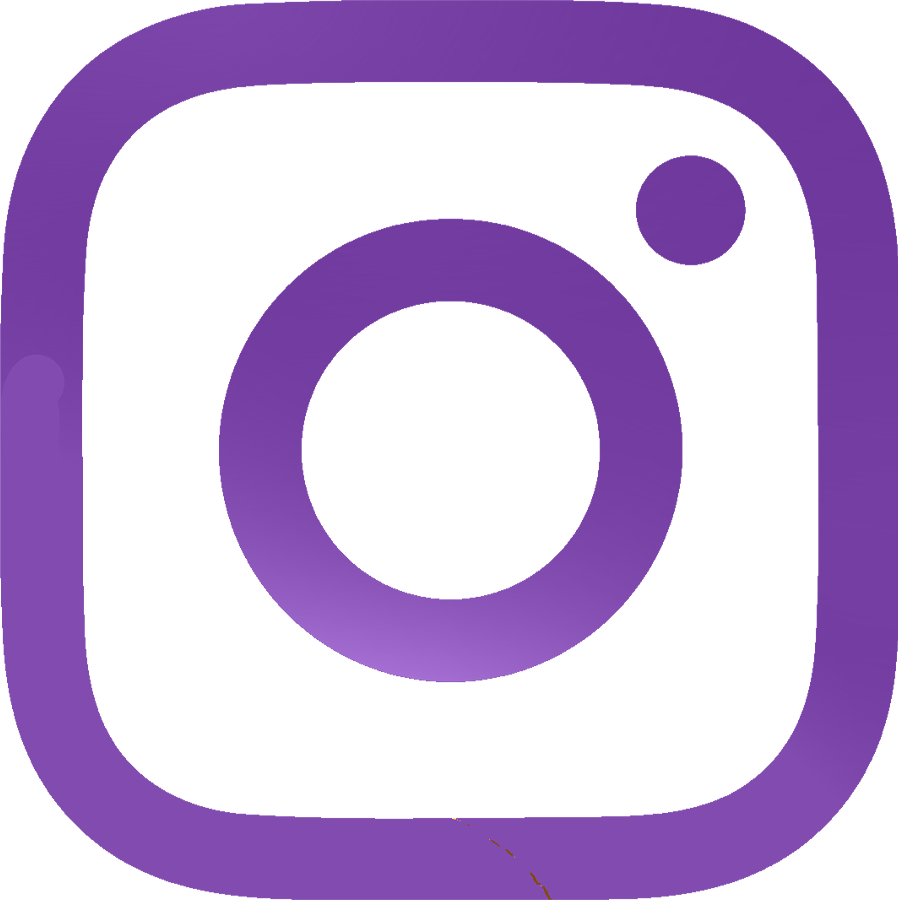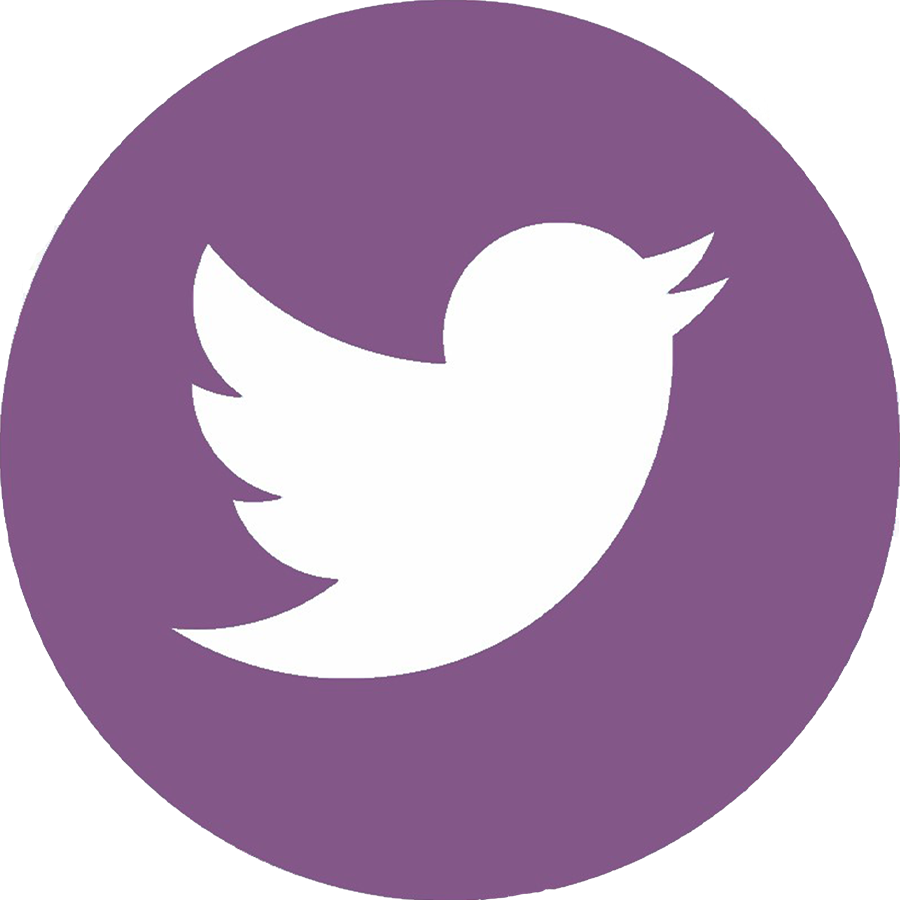
We are pleased to announce a call for proposals for a special issue of Research in Online Literacy Education(ROLE), the peer-reviewed research journal of the Global Society for Online Literacy Education (GSOLE). This issue engages with the work of scholar, teacher, and founding editor of ROLE, Michael Greer, to commemorate his contributions to ROLE, GSOLE, and the field of online writing instruction more broadly.
In his “Editor’s Note” from the March 2018 inaugural issue of ROLE, Greer put forth a number of priorities for the journal, including multimodality, multidisciplinarity, strategic pedagogy, and hybrid practices. Greer noted that the journal would define literacy “broadly, as a convergence of writing, reading, composing, interpreting, and designing texts that are alphabetic, multimodal, oral, visual, and digital.” He emphasized the importance of “bringing voices from reading, writing studies, technical communication, composition, writing centers, writing across the disciplines, digital humanities, cultural studies, and beyond.” He centered teacher-research and reflective practice, reiterating the journal’s commitment to “strategic pedagogy, where theory and practice engage and question one another.” And he invited teacher-scholars to imagine “new, hybrid approaches and practices” that address the unique context of online literacy “with its complex mix of technology, discourse, talk, text, image, and play.”
One of his last publications, Design for Learning: User Experience in Online Teaching and Learning, co-authored with Jenae Cohn (2023), is an accessible guide for designing and teaching online classes. Reviewers note the strength of this work is its usability; situating the approach to online course design in user experience, Cohn and Greer crafted an exceedingly usable guide that offers readers multiple pathways to engage with it depending on their needs and experience.
The editors of the journal invite scholars, teachers, and practitioners working broadly in the field of online literacy education to contribute to this special issue. We invite submissions that engage with or consider in some way one or more of the following questions:
-
What are current best practices in teaching, composing, designing, and/or interpreting multimodal texts?
-
What new literacies related to multimodal composing are emerging?
-
What new technologies or best practices can improve the accessibility of alphabetic, multimodal, oral, visual, and digital texts for both author and audience?
-
What impact is AI having on online pedagogy, digital literacy, and/or muItimodal composing?
-
What new opportunities for multidisciplinary research exist in the fields of user experience, online literacy instruction, and instructional design for learning?
-
What tutor training or writing center practices can provide tutoring support for online literacy learning or multimodal composition?
-
In what ways do WAC/WID programs engage with multimodal composition and digital literacy?
-
What opportunities exist for multidisciplinary collaboration in curriculum design to facilitate learning transfer related to digital literacy and multimodal composing?
-
What strategic pedagogies are needed in the field to advance and improve online literacy education?
-
What kinds of professional development opportunities can WPAs provide to support teacher-research and reflective practice for faculty engaged in online literacy education?
-
What “new, hybrid approaches and practices” are needed to address the unique context of online literacy teaching and learning?
-
What ways have you applied, tested, and/or benefited from the practices and strategies outlined in Design for Learning?
We welcome proposals for full-length research articles (4,000-6,000 words) as well as shorter vignettes and narratives (500-1,500 words) that engage with the impact of Greer’s work on your teaching, tutoring, instructional design, learning, and research. Presenters at GSOLE conferences are especially encouraged to submit a proposal based on your presentation. We also invite submissions that push the boundaries of form to imagine other ways of presenting academic research, embodying the spirit of Greer’s vision for ROLE as “not just another journal, but another kind of journal.”
Submit 500-word proposals via this Google form by April 15, 2024. We also welcome email questions and project ideas as you prepare your proposals to Ashlyn Walden or Michelle Stuckey at role@gsole.org.
Timeline for issue:
Proposals: April 15, 2024
Notifications: May 31, 2024
Full Draft Due: August 1, 2024
Forthcoming Issue: September 2024
References
Cohn, J., & Greer, M. (2003). Design for Learning: User Experience in Online Teaching and Learning. Rosenfield Media. Greer, M. (2018). Editor’s note. Research in Online Literacy Education. 1(1). Retrieved
February 17, 2024 from http://www.roleolor.org/editorrsquos-note.html



